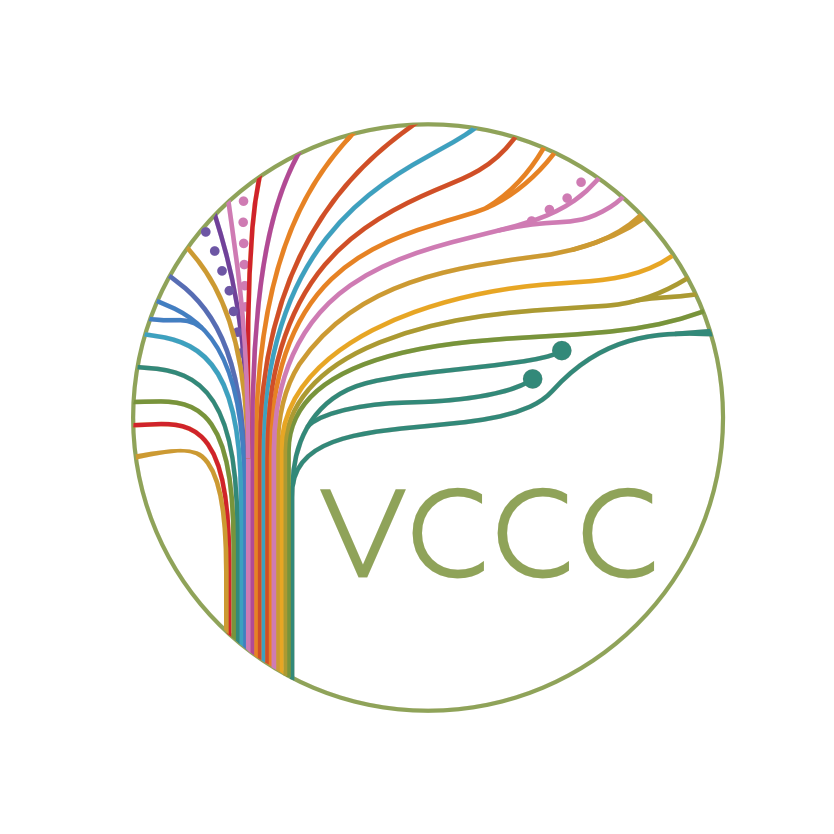Many of us learn early, and I mean quite early, the value of self-sufficiency. Even as a baby, the need and value of self-soothing by thumb sucking is one of the first ways we can temporarily quell hunger, the need for oral soothing, comfort, and need of another. Hopefully, hunger is relieved until mom or dad can get to us and give nurture and nourishment with an actual feeding experience. While it is an important maneuver to thumb suck (and to use other temporary measures throughout one’s life), providing for oneself “temporarily” can become deeply woven into the fabric of who we are.
Of course, a reliable and sensitive caretaker who is regularly holding us in mind and responding to our verbal and nonverbal cues decreases the need to turn to self-sufficiency overly quickly and with regularity. If that is the case, we learn that hanging out and tolerating a state of need is not torturous or unbearable. However, if the wait is overly long, or even worse if we are burdened by the needs of those who should be our caretakers, then the path to developing a reliance on self-sufficiency quickly becomes an attractive and wide channel to go down in a situation of need or of frustration.
The capacity for self-sufficiency reduces the pains of dependency for sure, especially when any form of dependency becomes equated with pain or feeling small and unseen. It also helps if you feel resented for having needs that are felt to be burdensome by someone else.
So, is self-sufficiency really a problem?
Yes. Problems with this ‘operating system’ become apparent when we want to develop and grow into an intimate relationship at some point in life. Sharing our vulnerable selves is something that is unpracticed and resisted. This results in two people sharing space, perhaps responsibilities and even a sexual life, but not being able to have much in the way of emotional satisfaction.
There is a Youtube video of an experiment in which a Korean young man approaches strangers; he is dressed in a suit, but with some hesitancy, he asks each stranger for help in tying his tie. He explains to the stranger that he is going to an important job interview. The video shows us unexpected and surprising tender exchanges. Its poignancy comes from the fact that many of us who are accustomed to isolation and self-sufficiency as a way of life find sweetness in the young man’s unguarded revealing of his need, and of the warmth and concern he is given. It encourages us to try our own ‘experiments’ in life and to begin to relinquish some of our reliance on self-sufficiency.
Can we accomplish this all alone? Ha! Seems like an oxymoron, or contradiction of the very idea. Therapy can be a place for this experiment, or new experience, in the realms of vulnerability and need, as well as an important tool as to begin understanding the pained self and the turn towards self-sufficiency.
By Dr. Callae Walcott-Rounds


